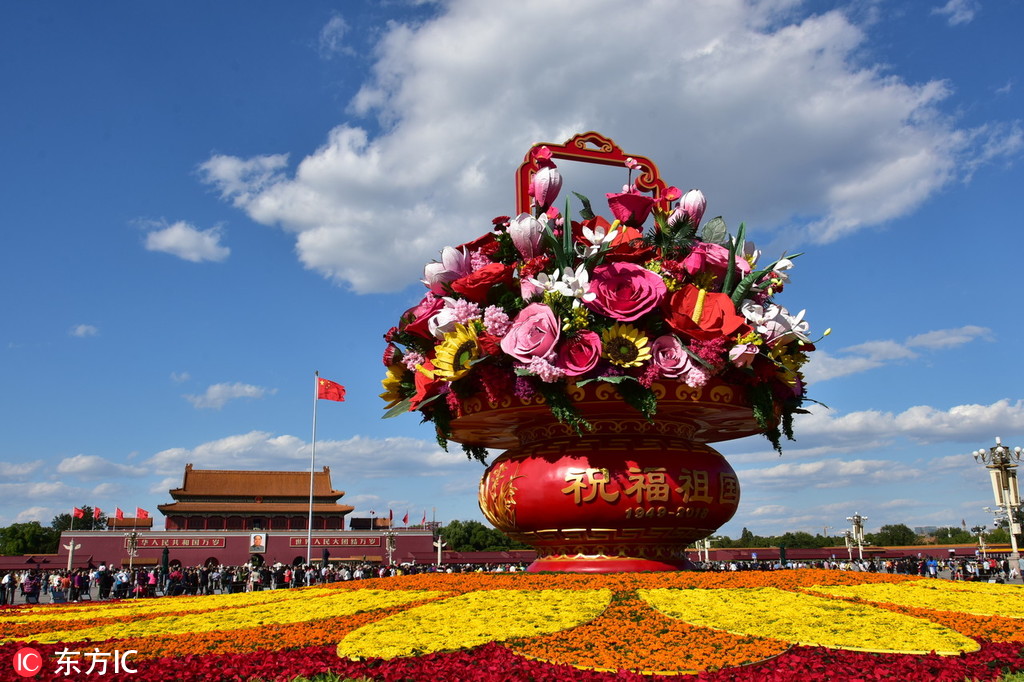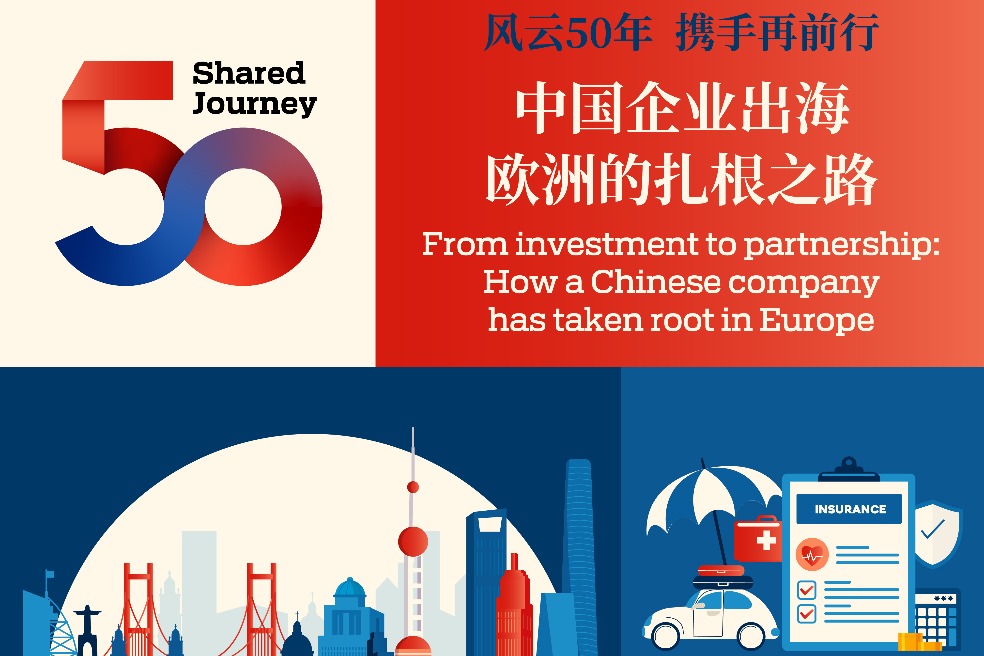Experts hail nation's 'resolute and steadfast' diplomatic efforts
By Mo Jingxi | China Daily | Updated: 2018-12-27 07:11

Chinese diplomacy in the past year has been resolute and steadfast in opening-up amid a series of challenges and conflicts, especially from protectionism and unilateralism, according to experts.
Petre Roman, a former prime minister of Romania, said, "China is probably the only great power to wield the opening-up policy in its diplomatic efforts for larger and better collaboration among all the countries of the world."
This year, China has maintained traditional friendships with major countries such as Russia, and improved relations with some neighboring nations, including India and Japan.
Su Hao, a professor of Asia-Pacific studies at China Foreign Affairs University, said, "This, to a large extent, is down to the leading role of summit diplomacy between heads of states."
A landmark informal summit between President Xi Jinping and Indian Prime Minister Narendra Modi in Wuhan, Hubei province, in April put the Sino-Indian relationship on a path to healthy and steady growth at a time when it was beset by a border issue and other "historical baggage".
"It was a rare but very successful way to manage and control risks in bilateral ties," Su said.
Li Haidong, a professor of United States studies at China Foreign Affairs University, said China's commitment to insisting on openness means that its foreign policies and activities are now predictable for other countries. This enables them to deal with their relations with China in a more constructive way and with greater willingness.
"This is especially important given the current twists and turns in the China-US relationship," he said.
According to Roman, openness, mutual understanding and benefits, along with win-win cooperation, are the only ways in which to improve "global positive developments for all".
He said a more pragmatic attitude is now needed if countries worldwide want to establish a fairer global order.
"China's diplomacy is strongly promoting and helping the advancement of the crucial issues concerning climate change, renewable energy and the diffusion of knowledge," he said.
Su said China has played a significant role this year in pushing forward global governance, a crucial part of multilateralism. "It helped to set a basic framework for reforming global governance through its participation in various multilateral events," Su added.
At the G20 Summit in Argentina, the Asia-Pacific Economic Cooperation Economic Leaders' Meeting in Papua New Guinea and the BRICS Summit in South Africa, President Xi sent a clear message against protectionism and unilateralism.
He reiterated China's firm support for the international order and a system centered around the aims of the UN Charter, the rules-based multilateral system of free trade, and the Paris agreement and international action on climate change.
He also encouraged more inclusiveness and win-win results in multilateral discussions.
State Councilor and Foreign Minister Wang Yi said, "We have remained clear-eyed and made proactive efforts to shape the course of global governance reform."
Wang said China has also made efforts to foster a community with a shared future for mankind, and the vision put forward by Xi has won broad support from the international community.
Guo Xiangang, a researcher from the China Institute of International Studies, said the country never imposes its proposals on others, but instead leaves them to be judged by others.
"The Belt and Road Initiative is one of the proposals that is winning increasing recognition from other countries," Guo said.
Since Xi proposed the BRI in 2013, over 140 cooperative documents on jointly building the Belt and Road have been signed. More than 50 countries and international organizations sealed such deals with China this year.
According to Wang, notable progress has been made on a large number of priority projects covering connectivity building and cooperation on industrial parks, including the China-Pakistan Economic Corridor, China-Europe Railway Express and Hambantota Port in Sri Lanka.
Wang Yiwei, a professor of international studies at Renmin University of China, said the BRI, which has brought concrete benefits to the countries involved in it, clearly reflects that China has accepted its responsibility as a major player on the world stage.
"It (BRI) has become such a hot and frequently mentioned phrase in an unprecedented way, which shows that China's role is highly anticipated by the world," Wang said.
The experts also said China would continue to embrace the world and create a positive external environment for the country's further domestic reform.
Li, from China Foreign Affairs University, said Chinese diplomacy should continue to uphold peace, cooperation and win-win results next year in order to create a fairer world order with other countries.
"Such efforts, in return, will benefit China's deepening reform and opening-up at home," he said.
























